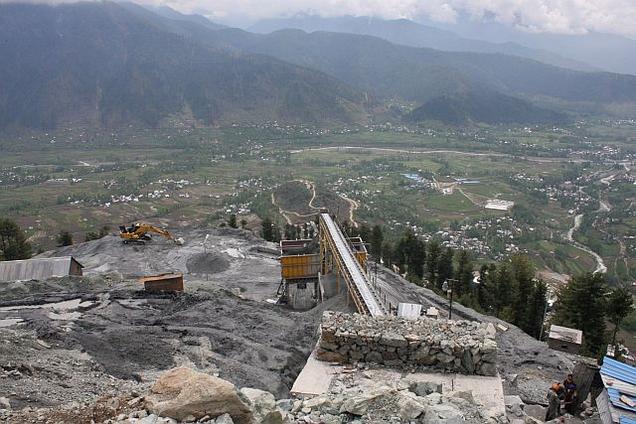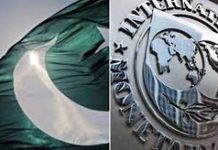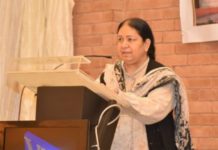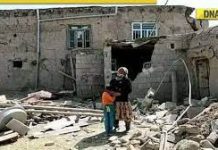Web Desk
The World Bank has announced the appointments of a “neutral expert” and a chairman of the Court of Arbitration in relation to the Kishenganga and Ratle hydroelectric power plants, to which Pakistan and India disagree over whether the technical design features of the two plants contradict the Indus Waters Treaty.
According to a press release of the bank, Pakistan had called for the establishment of a “Court of Arbitration to consider its concerns about the designs of the two plants while India had asked for the appointment of a Neutral Expert to consider similar concerns over the two projects.”
Michel Lino has been appointed as the neutral expert and Prof Sean Murphy has been appointed as chairman of the Court of Arbitration. “They will carry out their duties in their individual capacity as subject matter experts and independently of any other appointments they may currently hold,” the statement added.
The World Bank has made the appointments “in line with its responsibilities under the Indus Waters Treaty.”
While the World Bank shares the concerns of the parties that “carrying out the two processes concurrently poses practical and legal challenges”, it also expressed confidence that the highly qualified experts “will engage in fair and careful consideration of their jurisdictional mandate, as they are empowered to do by the treaty”.
The World Bank had resumed two separate processes requested by both countries in relation to the power plants, and communicated to the two countries.
In December 2016, the bank declared a pause in those processes to allow both countries to consider alternative ways to resolve their disagreements.
Since then, the World Bank has encouraged and worked with Pakistan and India to seek an amicable resolution by convening multiple high-level meetings and discussing a variety of proposals.
“The World Bank remains committed to act in good faith and with complete impartiality and transparency while continuing to assist the countries and fulfilling its responsibilities under the Treaty,” it added.
The disagreement between India and Pakistan concerns the technical design features of the Kishenganga (330 megawatts) and Ratle (850 megawatts) hydroelectric power plants as they disagree over whether the features “contravene the Treaty”. The World Bank is not financing either project.
The plants are located in Indian Occupied Kashmir over Jhelum and Chenab rivers respectively. The treaty designates these two rivers, as well as the Indus, as the “Western Rivers” to which Pakistan has unrestricted use with some exceptions.
Under the treaty, India is permitted to construct hydroelectric power facilities on these rivers, subject to constraints specified in annexures to the treaty.
The Indus Waters Treaty was signed in 1960 after nine years of negotiations between India and Pakistan with the help of the World Bank, which is also a signatory.
The treaty allocates the Western Rivers — Indus, Jhelum and Chenab — to Pakistan and the Eastern Rivers — Ravi, Beas and Sutlej — to India. At the same time, the treaty allows each country certain uses on the rivers allocated to the other.
The treaty sets out a mechanism for cooperation and information exchange between the two countries regarding their use of the rivers, known as the Permanent Indus Commission, which has a Commissioner from each country.















